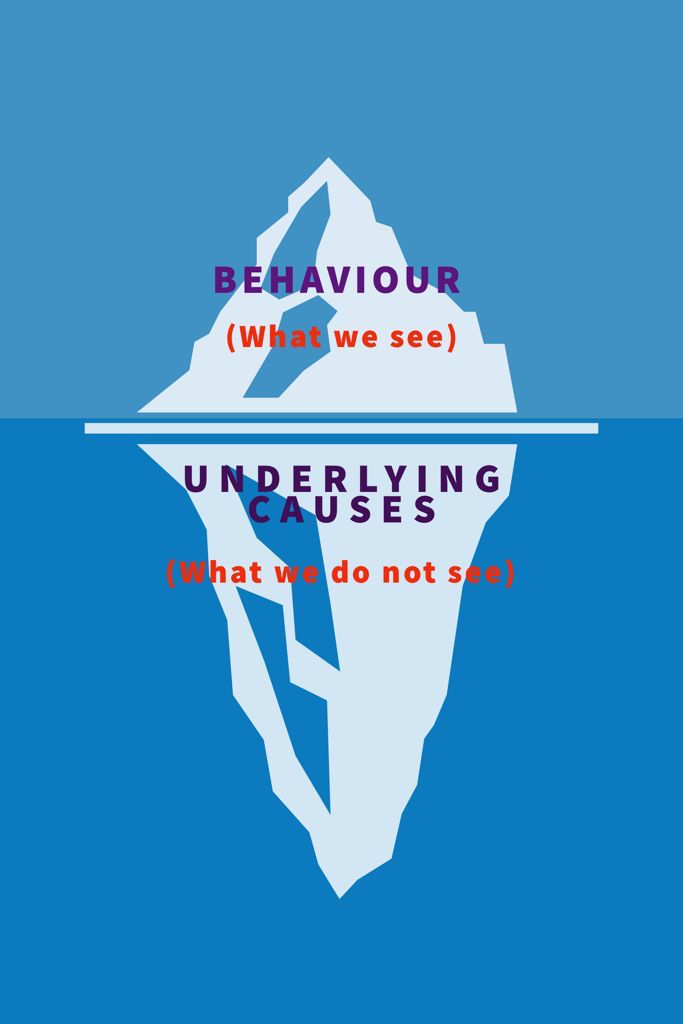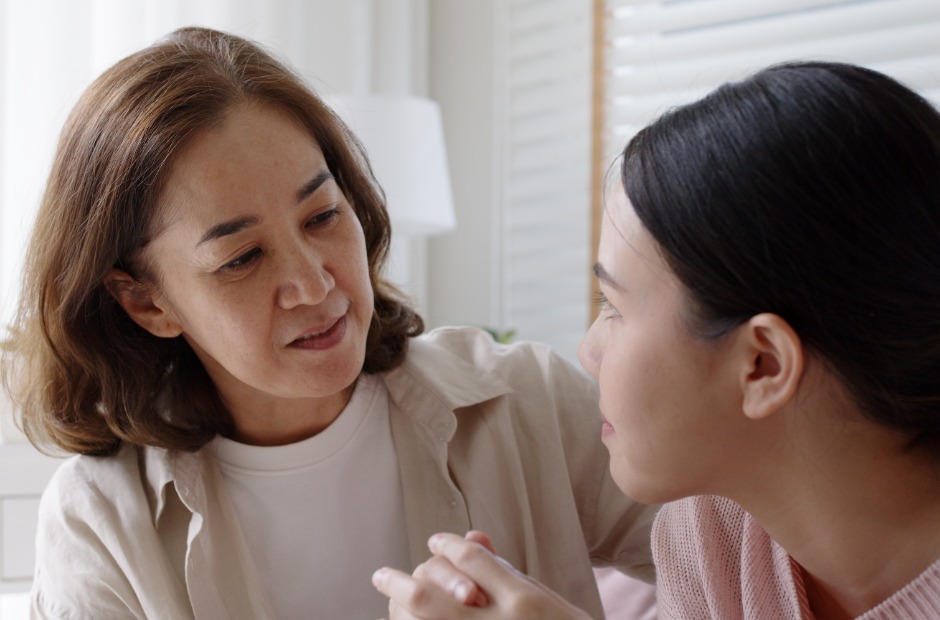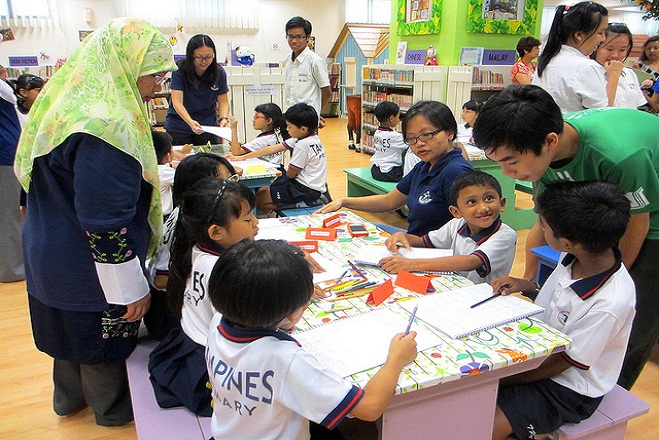Grades, grades, and more grades. When Ms Joey Ching took over chairmanship of Admiralty Secondary School’s (ADSS) Parent Support Group (PSG) in 2017, she and her executive committee (EXCO) members observed that parents they spoke to were highly focused on academic grades; at the same time, youth mental health issues were increasingly in the spotlight.
It did not take long for them to string a connection between the two. Wanting to help parents and their children to shift their focus towards the fundamental purpose of education, Ms Ching and her EXCO members started offering a listening ear to families. “For about three years, we offered one-to-one chats, and we observed positive outcomes for these families.”
Then in 2020, Covid-19 hit, and all their activities and tea sessions were put on hold. “We started brainstorming on how to reach out to parents and their children better,” says Ms Ching.
One thing that stood out was the one-to-one chats they had been having. Feedback had been positive, so the EXCO took the opportunity to expand on the initiative. After close to a year of planning, the EXCO launched the Let Us Chat! programme in May 2021, which was open to their 580 PSG members.

Parents and children attend together
The programme is designed wholly by the EXCO members, based on their understanding of common challenges faced by ADSS parents and their children. They also relied on their own experience as parents and learners, referred to books and reference materials, and focused on topics that other parenting talks or workshops conventionally do not cover. They then obtained the school’s approval before rolling out the programme.
“A big topic we share about is the fundamental purpose of education, which is aligned to one of the school values of Life-long Learning. We want to get families to think about learning, assessments and results, and what these actually mean,” says Ms Ching. Other topics Let Us Chat! delves into include how students can become happy learners through self-awareness and self-regulation, and establishing good parent-child relationships.
Conducted once a month online for about an hour each time, each session has been seeing over 30 families participating.
“Even though it’s a ‘parenting’ programme, we want parents and their children to attend Let Us Chat! together,” says Ms Cindy Tay, Vice-Chairperson of the PSG.
The sessions are open to all ADSS parents with a child in ADSS, but their siblings from other schools can attend too, regardless of what levels they are in.
Ms Ching says, “We have children from primary schools to the Institutes of Higher Learning joining in. It’s a form of family bonding and a chance for parents and children to understand each other’s perspectives better. It also creates common topics for family discussions, which helps to improve their parent-child relationship.”
Other than sharing information, tips, and strategies on the topic of the day, facilitators also share tools like the iceberg metaphor for parents to trigger productive conversations with their children.

The iceberg metaphor that is used as a conversation tool between parent and child. (Credit: ADSS PSG)
An example she shares is that parents tend to focus on their children’s behaviour, such as how they spend long hours on social media or gaming, without finding out the underlying causes. “To fix these behaviours, parents cut off Wi-Fi, or confiscate their children’s devices, but it won’t help them solve the problem if they don’t focus on what is causing their children to behave this way. There are many layers and contributing factors that affect our children’s mental wellbeing and their behaviour.”
The Let Us Chat! programme has proved popular, with attendee numbers increasing as the months go by. “Some students even attend on their own when their parents are unable to make it. It’s quite unusual that children will attend parenting talks without their parents! We have received feedback that the content touches the students and is relatable,” says Ms Tay.
Attendees interact with a regular pool of facilitators, which builds trust and bonds in the little community. And to serve its busy parents better, the EXCO also makes known that members are not expected to commit any time and effort to run the PSG.
Most of all, Ms Tay attributes the programme’s success to the fact that parents and children build on their relationship immediately through the chats they have during the sessions. It is a small win that keeps them coming back.
The impact of the programme has also spread beyond ADSS’ parents and students. Having caught wind of Let Us Chat! and its positive outcomes, some PSGs from other schools are also keen to run similar programmes for their parents.
School provides support framework
While the PSG EXCO designed the programme and runs it, a support framework for the programme is formed by school leaders, counsellors, and teachers from ADSS.
“We are not professionally trained counsellors, so we can lend our listening ears but not go beyond that,” says Ms Ching. “After the sessions, some parents realise that their children need more support from teachers, school counsellors or medical professionals. What we can do is to refer them to the school staff, who make the necessary arrangements. If we just raised greater awareness among families without a framework to support those who need more help, we can’t expect to see any positive outcome.”
On the programme’s success as an effective parent-to-parent communication channel and support network for ADSS parents, teacher-in-charge of the ADSS PSG Ms Amizah Bte Mohamed Azhar says that the school is grateful for the PSG’s initiative. “Parents have a safe environment to share their ideas and tips on managing their children’s learning. Our students also feel more confident with the guidance provided. We find that together with their parents, they are more aware, able to better manage their expectations and make more informed decisions, for example, when it comes to post-secondary pathways.”






